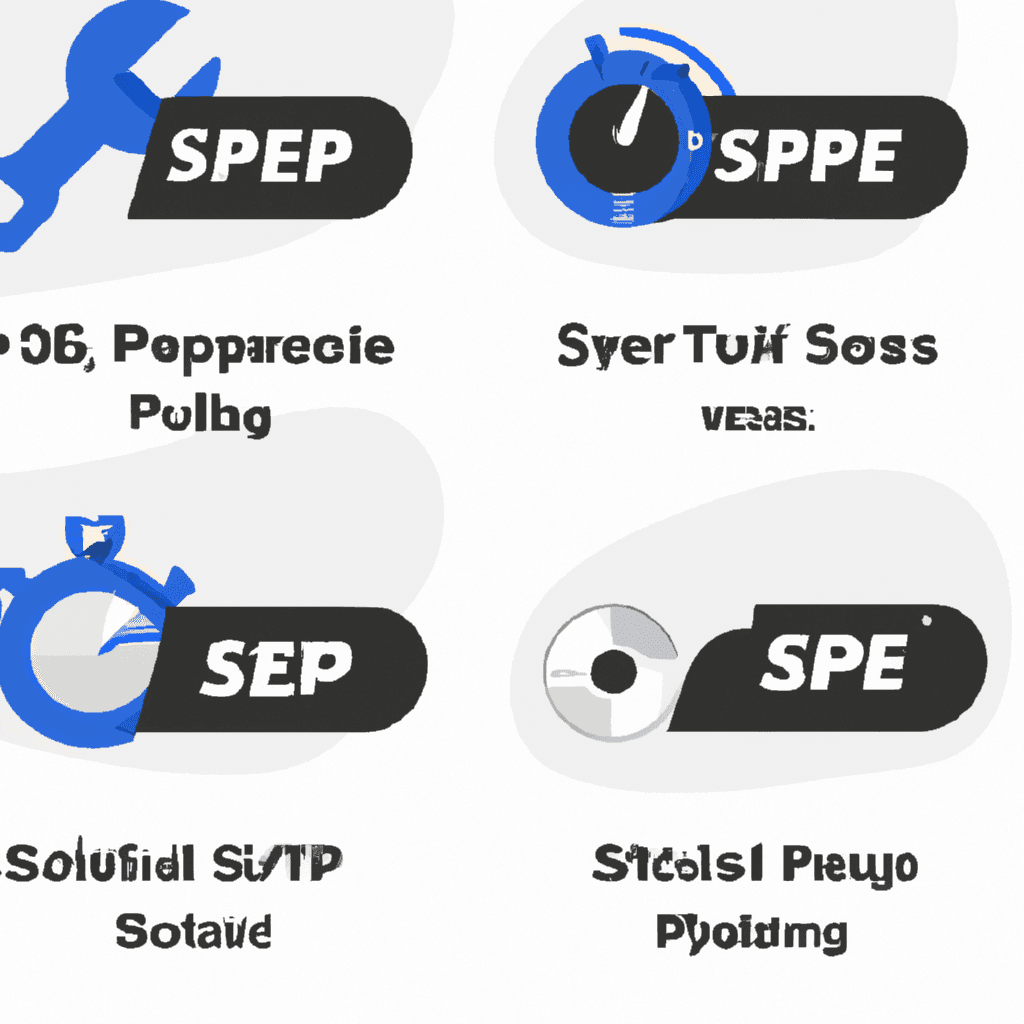Transitioning from Job Hunt Frustrations to Startup Founding: Is It Your Path Forward?

Introduction
In today's volatile and ever-changing job market, many individuals find themselves at a crossroads, navigating through relentless job hunt frustrations. The allure of entrepreneurship, with its promise of self-determination and innovation, begins to look not just appealing, but necessary, for those yearning for a more fulfilling professional journey. However, the decision to transition from job hunting to startup founding carries with it a unique set of challenges and rewards. This article aims to delve deep into the heart of this dilemma, exploring whether embarking on an entrepreneurial path, in the face of job market challenges, is a gamble worth taking or a strategic move towards achieving your professional goals and aspirations. As we unpack the reasons to consider startup founding and examine the journey from a side project to a fully-fledged business, we invite you to reflect on your own career aspirations and whether the entrepreneurial route aligns with your vision for the future.
Understanding the Job Market and Entrepreneurial Landscape
The current job market is a complex tapestry of opportunities and obstacles. On one hand, technological advancements and globalization have birthed new industries and roles. On the other, automation and outsourcing have made job security an increasingly elusive concept. At the same time, the entrepreneurial landscape is experiencing its own set of shifts. With easier access to resources and a growing culture of innovation, the barriers to starting a business have notably decreased. However, this increased accessibility also means heightened competition and new challenges. Understanding the dynamics of both the job market and the entrepreneurial landscape is crucial for anyone contemplating the leap from job hunting to starting their own business. It offers insights into not just the external challenges, but also the internal preparedness required to navigate these waters effectively. This dual perspective highlights the need for adaptability, resilience, and a keen sense of opportunity in today's fast-paced world, whether you choose to pursue a traditional career path or carve out your own as an entrepreneur.
Reasons to Consider Entrepreneurship Over Job Hunting
The transition from seeking employment to initiating a startup isn't merely a leap of faith; it's a strategic decision fueled by several compelling reasons. Firstly, entrepreneurship offers unparalleled freedom and self-determination. Unlike traditional job roles, starting your own business allows you to dictate your work life, from the projects you undertake to the schedule you follow. This autonomy is incredibly appealing for those who feel stifed in conventional job settings. Secondly, there's the potential for significant financial reward. While entrepreneurship comes with its risks, the opportunity to create and grow a business can lead to financial success that often surpasses what's achievable in most jobs. Thirdly, entrepreneurship enables individuals to bring their innovative ideas to life, contributing positively to society and the economy. This aspect is particularly rewarding for those with a desire to make an impact. Finally, for many, the prospect of building something from the ground up—facing challenges, learning, and growing in the process—is in itself a compelling reason to embark on an entrepreneurial journey. These motivations, among others, underscore why some individuals choose to navigate the uncertainties of startup founding over traversing the often discouraging terrain of the job market.
The Journey from Side Project to Startup
Turning a side project into a fully operational startup is a journey fraught with challenges, but also ripe with opportunities for growth and development. It begins with an idea or a passion project that gradually evolves into something more tangible. The initial step often involves validating the idea through market research, understanding the potential audience, and assessing demand. Once the idea is deemed viable, the next phase revolves around meticulous planning, which includes business model development, financial planning, and setting short and long-term goals. Building a dedicated team is also critical at this stage, as collaboration and diversity of skill sets can significantly enhance the startup's chances of success.
As the project gains momentum, attention shifts to securing funding, whether through bootstrapping, seeking investors, or crowdfunding. The launch phase is pivotal and requires a comprehensive go-to-market strategy that encompasses marketing, sales, and customer engagement. Post-launch, the focus is on growth, scaling, and constantly iterating based on feedback and market dynamics. Throughout this journey, resilience and adaptability are key. Entrepreneurs must be prepared to face setbacks, pivot when necessary, and seize opportunities for innovation. The transition from a side project to a startup is indeed a testament to an individual's tenacity and vision, and while it may seem daunting, the rewards, both personal and professional, can be immense.
Assessing the Risks and Uncertainties of Startup Founding
Embarking on the entrepreneurial path is not without its risks and uncertainties. The journey from ideation to a successful business is often unpredictable, and many startups face challenges that can lead to their downfall. One of the primary risks involves financial instability. Unlike a steady paycheck that comes with traditional employment, startup founders often experience fluctuating income levels, especially in the early stages. This financial uncertainty can extend to personal finances as well, with many entrepreneurs investing their savings or taking on debt to fund their ventures.
Another significant risk is the high failure rate of startups. Statistics show that a majority of new businesses fail within the first few years. This stark reality underscores the importance of thorough planning, market research, and resilience. Additionally, the emotional toll of founding a startup should not be underestimated. The stress of managing a fledgling business, coupled with the fear of failure, can impact an entrepreneur's mental health. Finally, there's the risk of market saturation or unforeseen shifts in consumer behavior, which can render a business model obsolete overnight. Despite these challenges, many entrepreneurs find the potential rewards outweigh the risks. The key lies in going in with eyes wide open, being prepared for setbacks, and having a strategy to navigate through the uncertainties.
Making the Decision: Is Startup Founding Right for You?
Deciding whether to embark on an entrepreneurial journey involves a deep introspection of one's goals, capabilities, and tolerance for risk. It's crucial to assess whether your professional aspirations align with the challenges and rewards of startup founding. Ask yourself if you have the resilience to endure setbacks, the creativity to overcome obstacles, and the passion to pursue your vision relentlessly. Additionally, evaluate your financial readiness. Are you prepared to handle the potential initial phase of income instability? Understanding your capacity for risk and your financial situation is essential.
Equally important is considering your support system. Entrepreneurship can be a lonely road, and having a network of mentors, peers, and loved ones who can offer guidance and encouragement is invaluable. Your willingness to learn and adapt is also vital. The startup world is fast-paced and constantly changing, requiring entrepreneurs to continuously acquire new skills and adapt their strategies. If you find that the autonomy, potential for innovation, and the thrill of building something from scratch resonate with you, and if you're prepared for the risks and uncertainties that come with it, startup founding may very well be a fulfilling path forward.
Conclusion
I'm here to help you with questions or tasks related to text analysis, data processing, or any other queries you may have. Could you please provide me with more specific details or clarify how I can assist you further?

Top 5 Unexpected Ways Musical Improvisation Can Enhance Your Blogging Strategy

Cultivating Variety: 5 Gardening Techniques to Enrich Your Content Strategy

Cultivating Your Digital Garden: 5 Strategies for Content Diversification

5 Ancient Cartography Techniques That Influenced Modern Mapping

Top 5 Strategies for Enhancing Cross-Disciplinary Research Collaboration

Top 5 Ways Cognitive Flexibility Enhances Content Creation

Top 5 Cognitive Behavioral Strategies for Entrepreneurs Seeking Peak Performance

5 Effective Time Management Strategies for Busy Entrepreneurs

The Role of Circadian Rhythms in Content Creation: Maximizing Productivity and Creativity

Maximizing Your Harvest: 5 Surprising Lessons from High-Tech Blogging Platforms

Top 5 Explosive Growth Hacking Case Studies for Newbies

Cracking the Code: Understanding the Costs of WordPress Website Maintenance

Top 7 Proven Strategies to Market Your Multi-Niche Blogs and Maximize SEO Impact

Revolutionizing Content Creation: How Auto-Blogging Platforms are Changing the Game

How to Achieve Seamless Auto-Scaling for Your E-Commerce Store with AWS and React

Unveiling OneClickBlog: Streamline Your Content Creation with Automated Multi-Blogging

How to Generate Passive Income Effortlessly with Automated Blogging

Transform Your Blog: Discover 5 Must-Have AI Tools for SEO-Optimized Content

Unleashing the Power of Auto-Blogging: A Guide for Content Creators

WordPress vs. Shopify: Mastering SEO for Quick Rankings in 2023

Revolutionizing Digital Entrepreneurship: Harnessing Auto-Blogging and Affiliate Marketing
